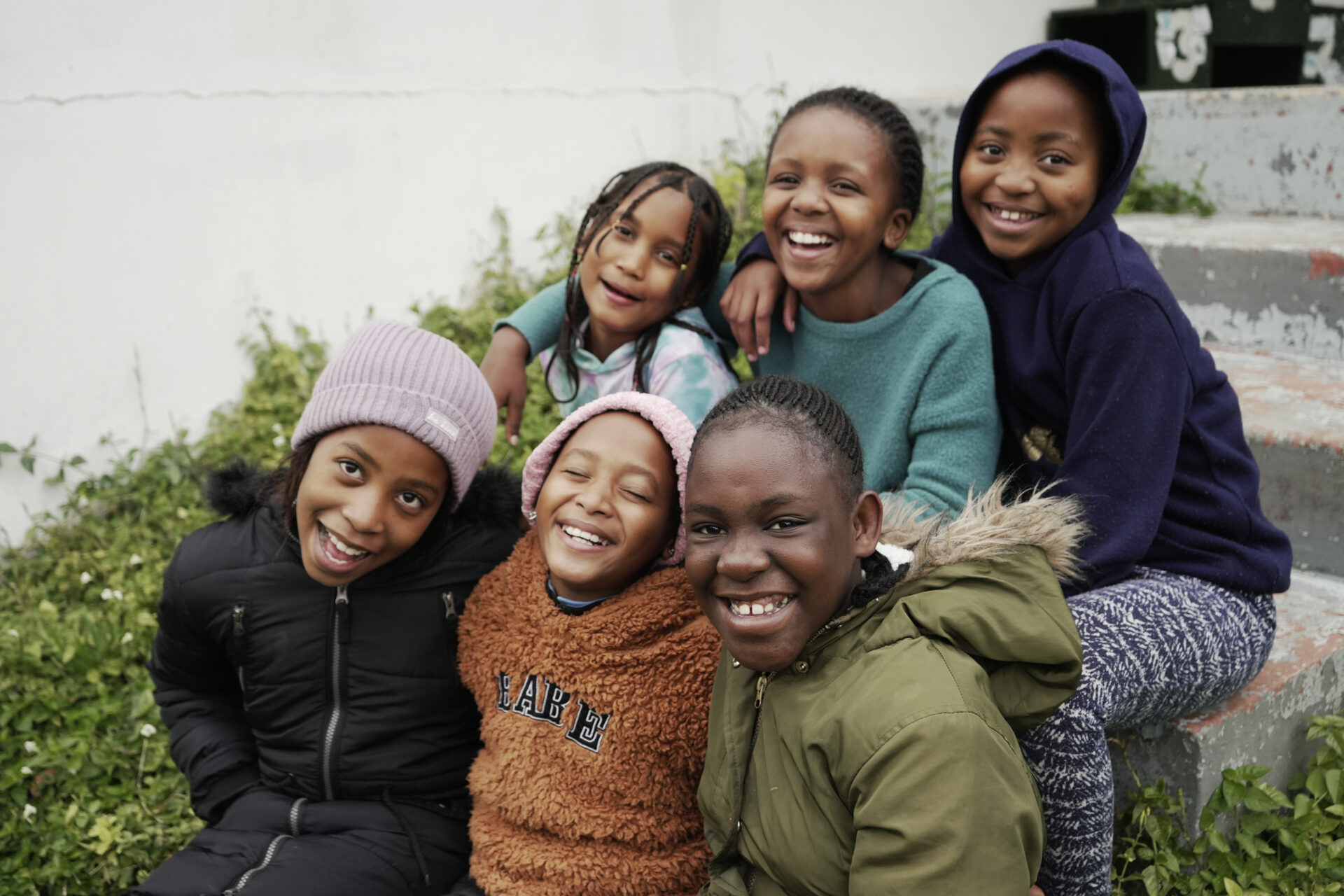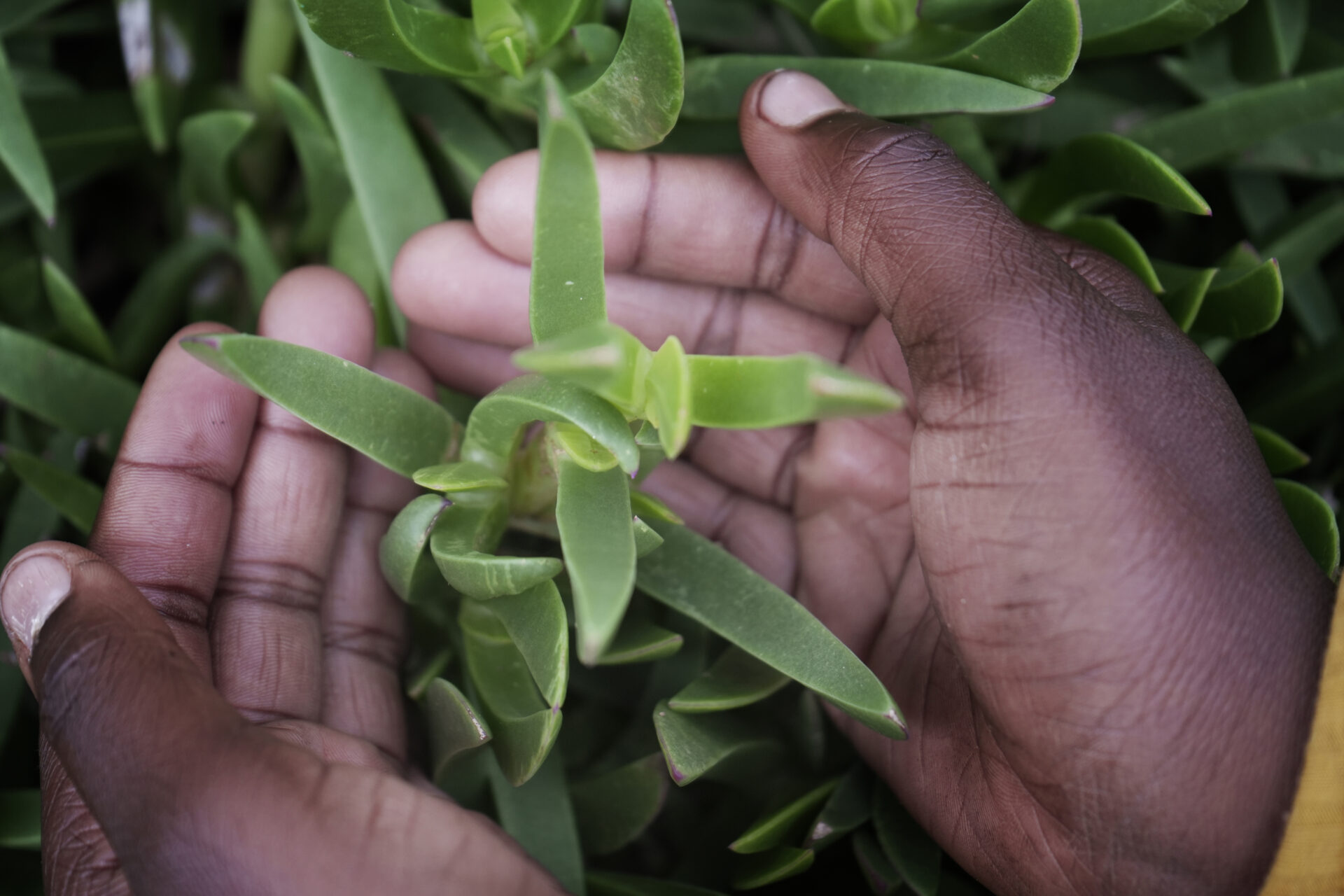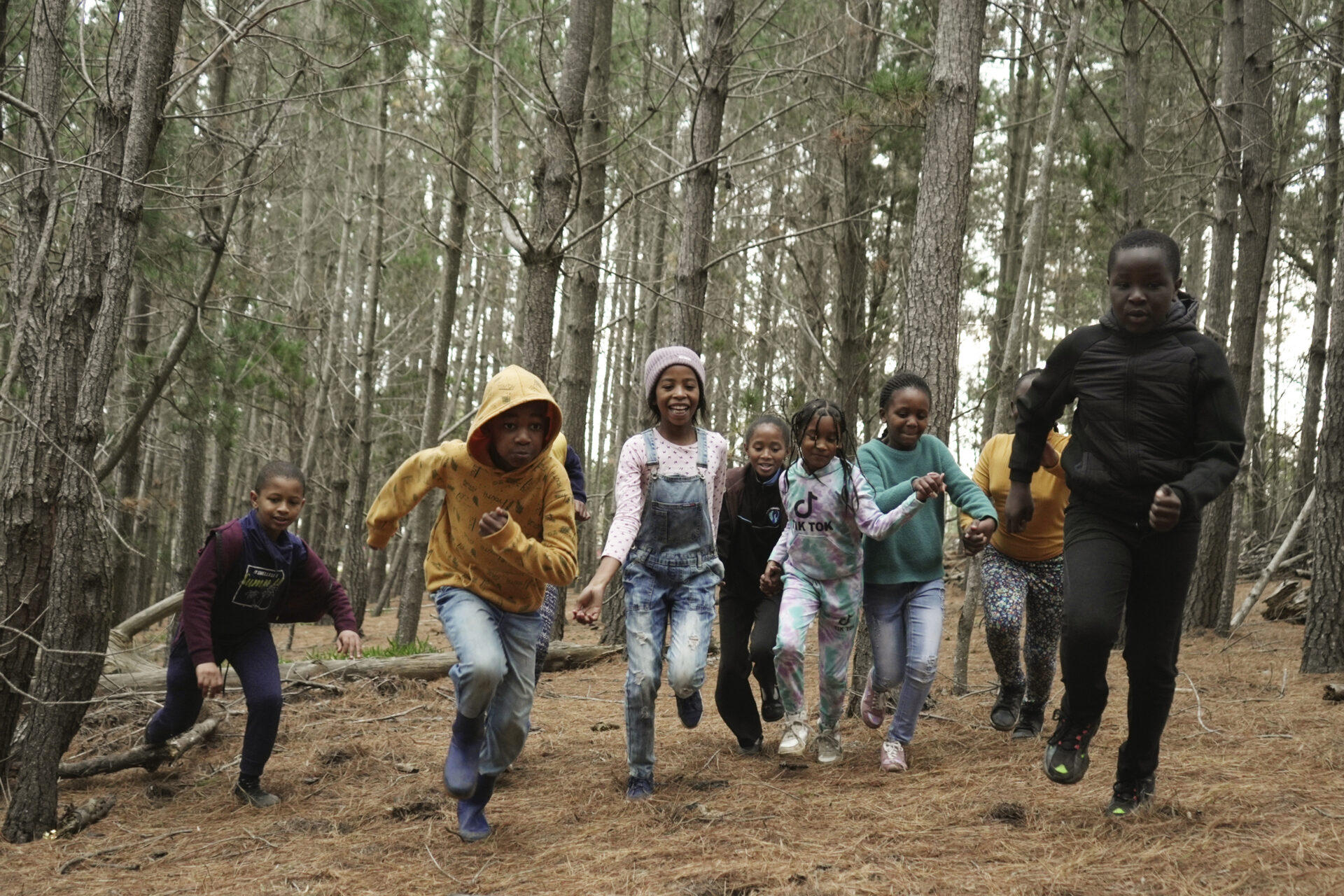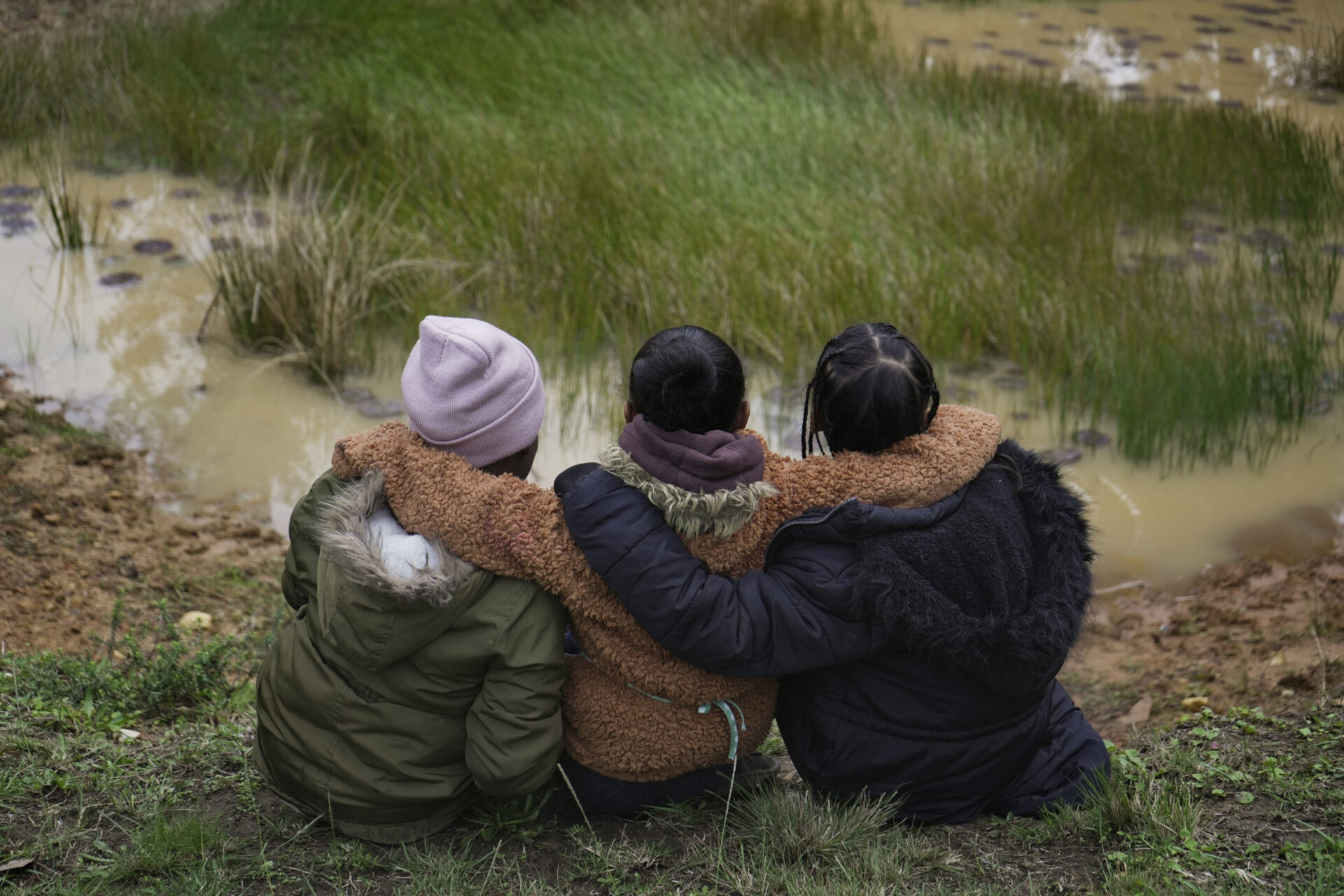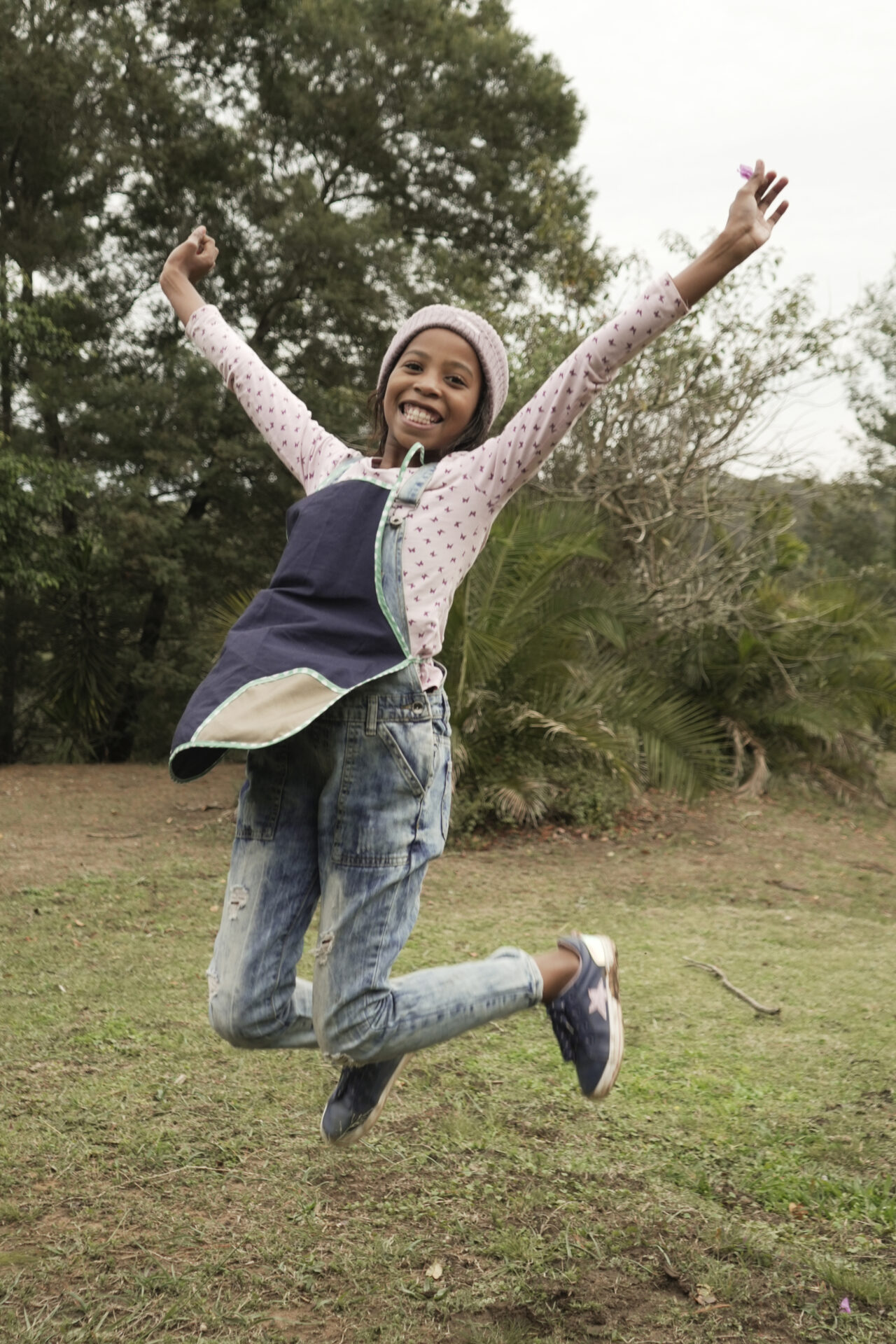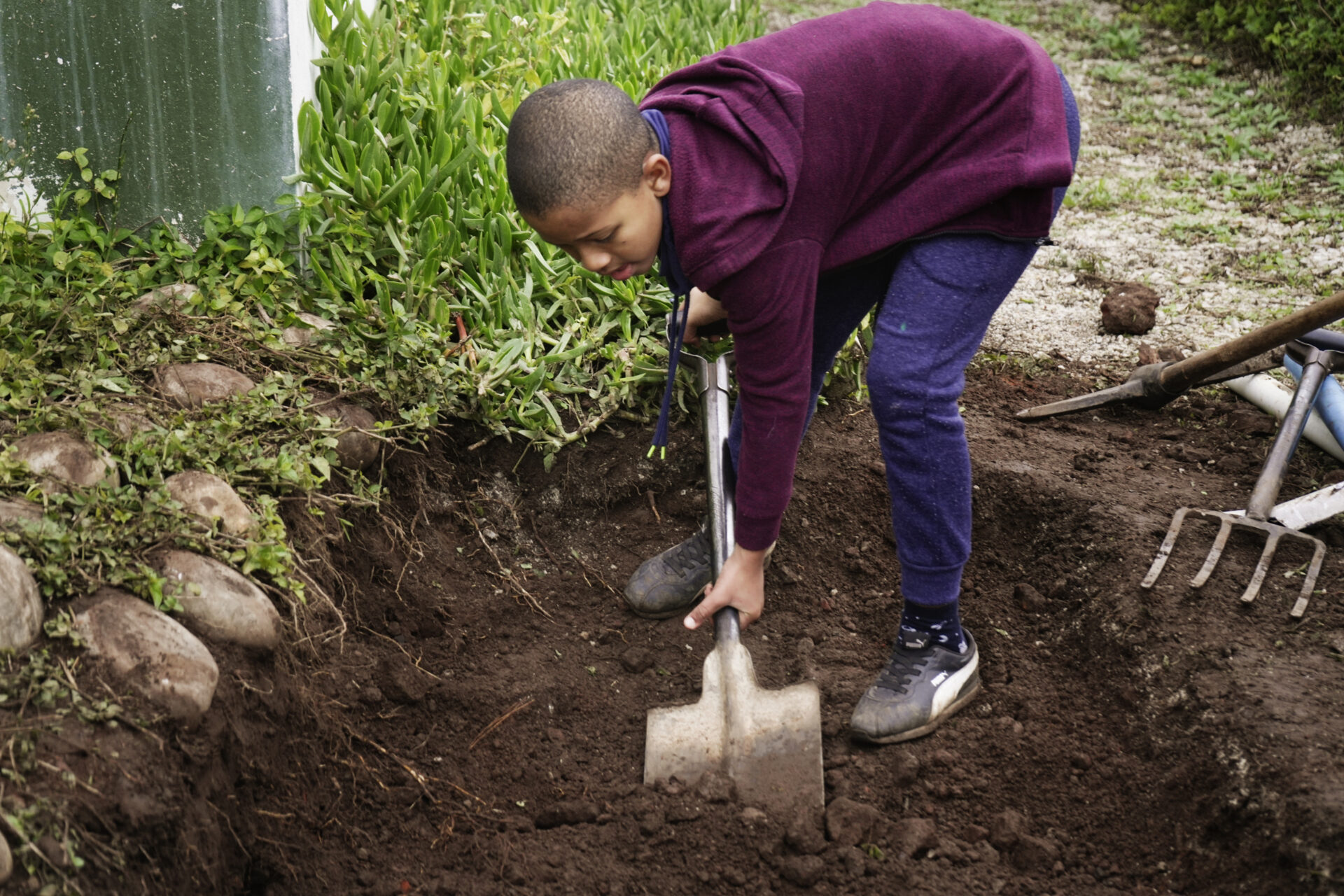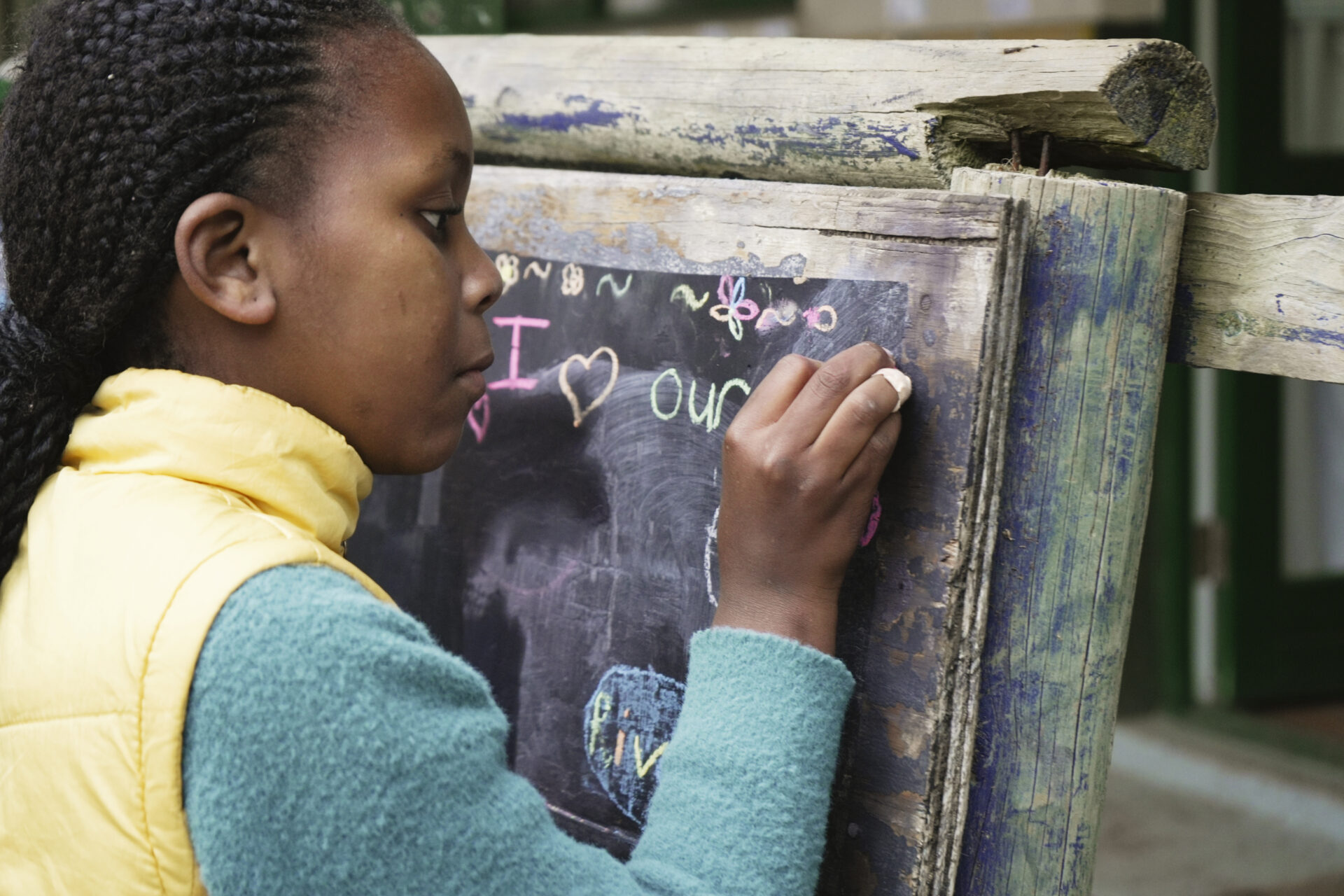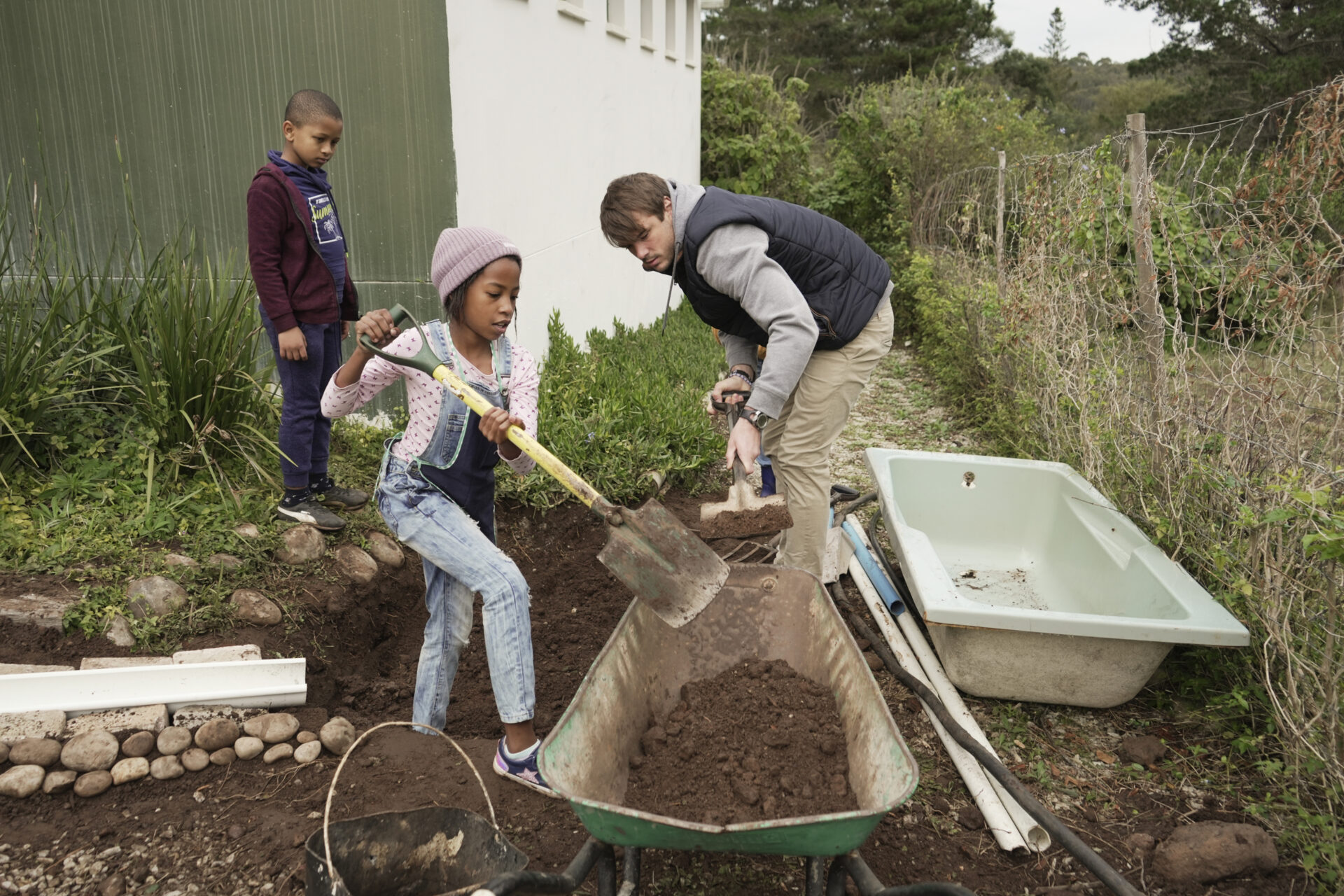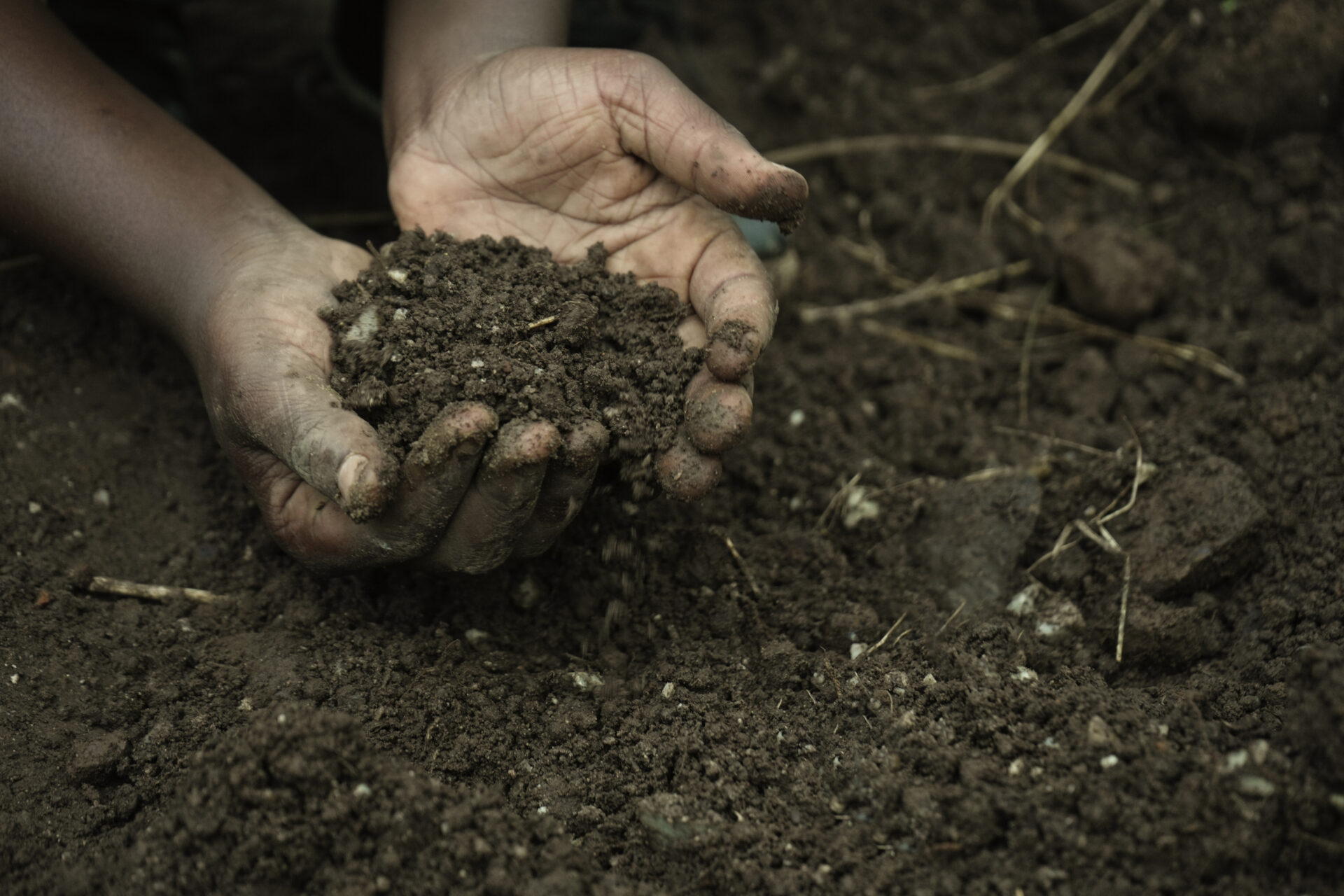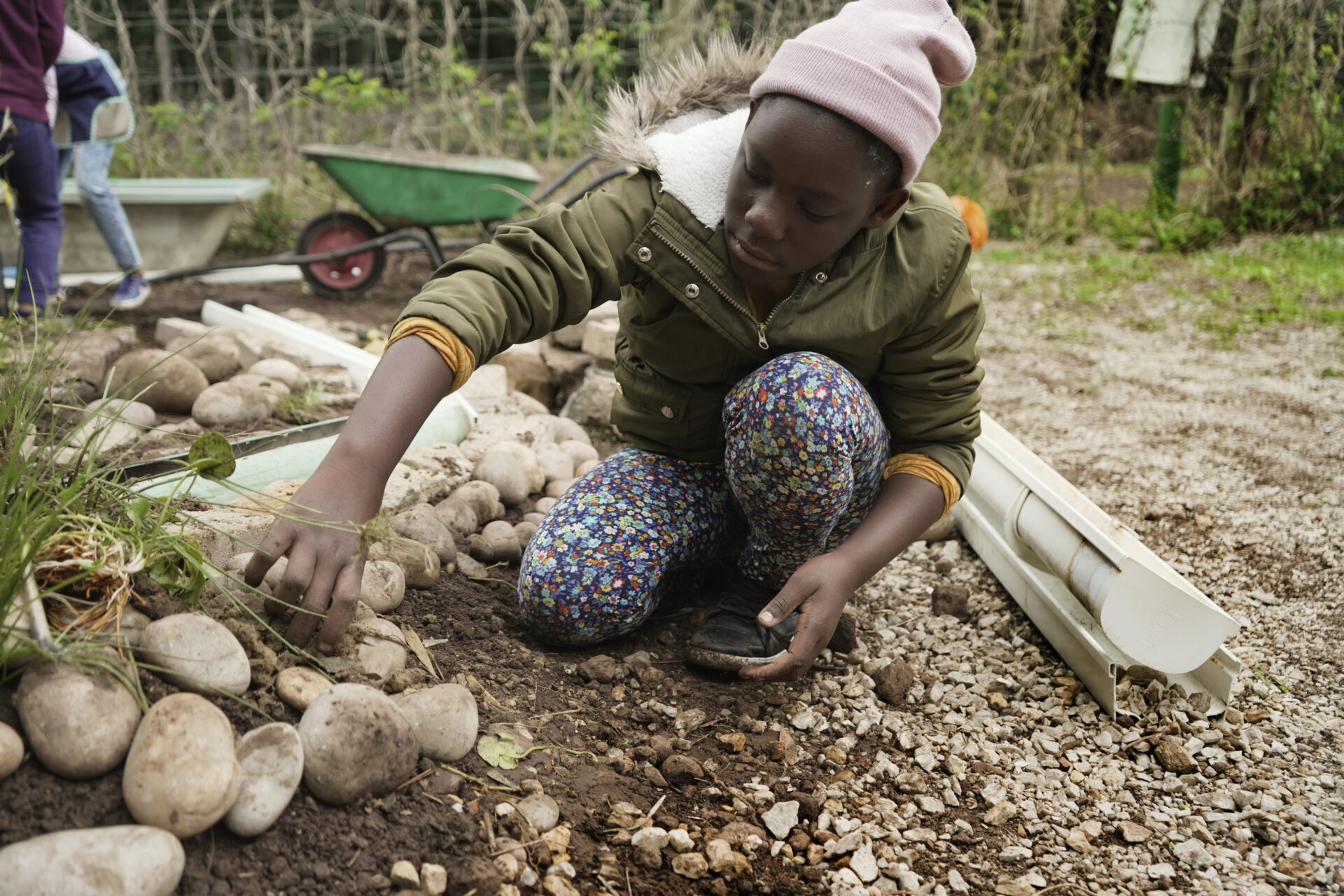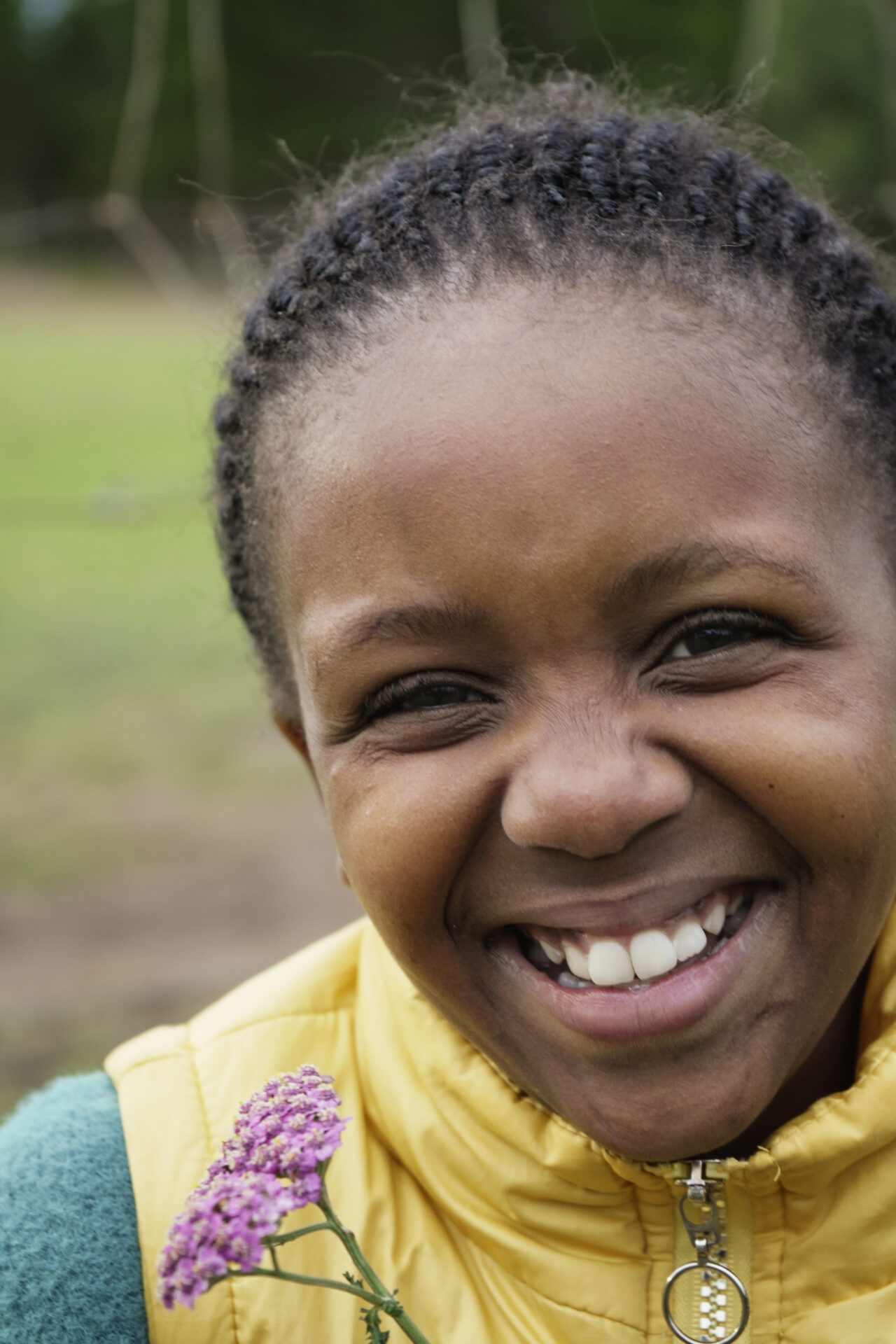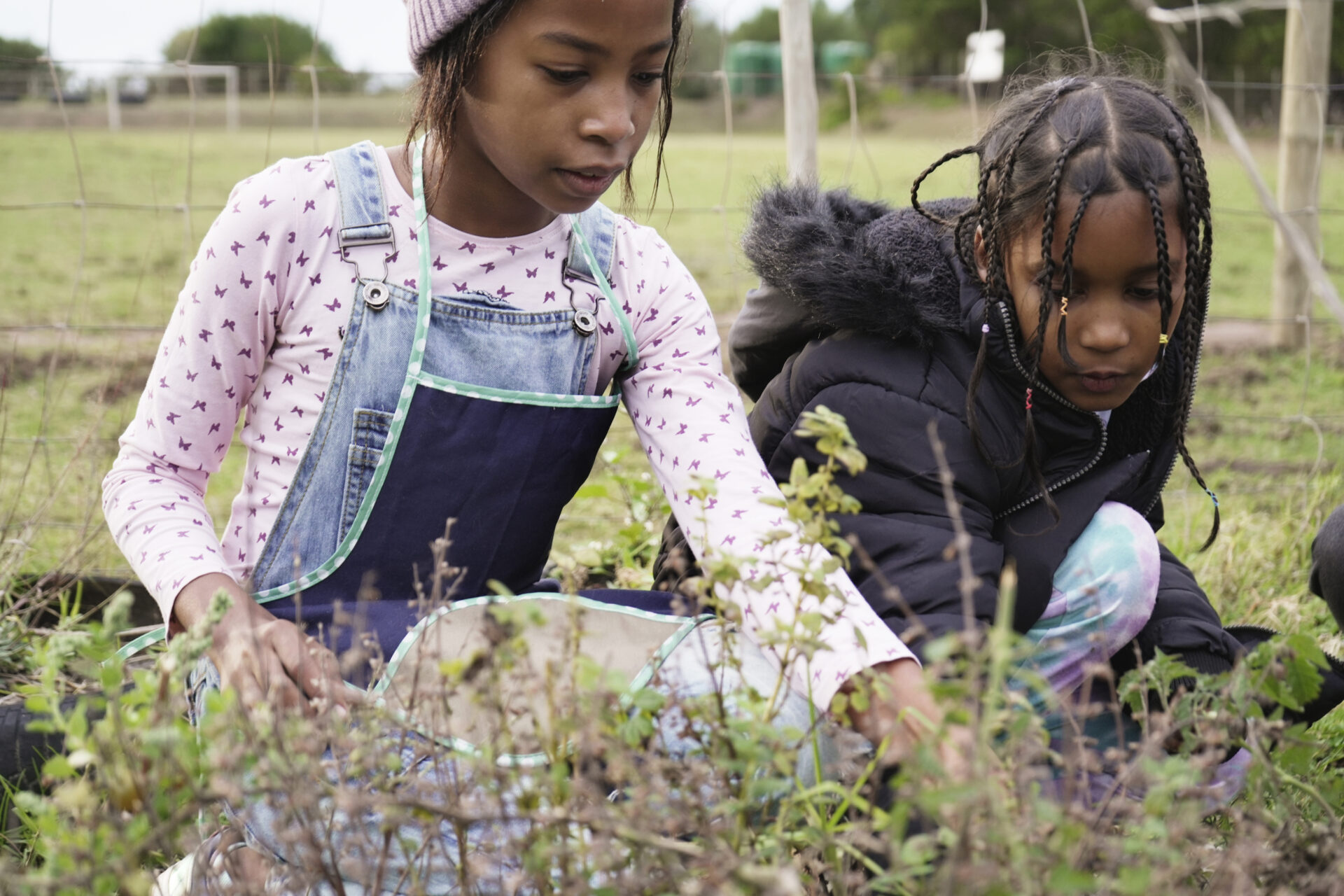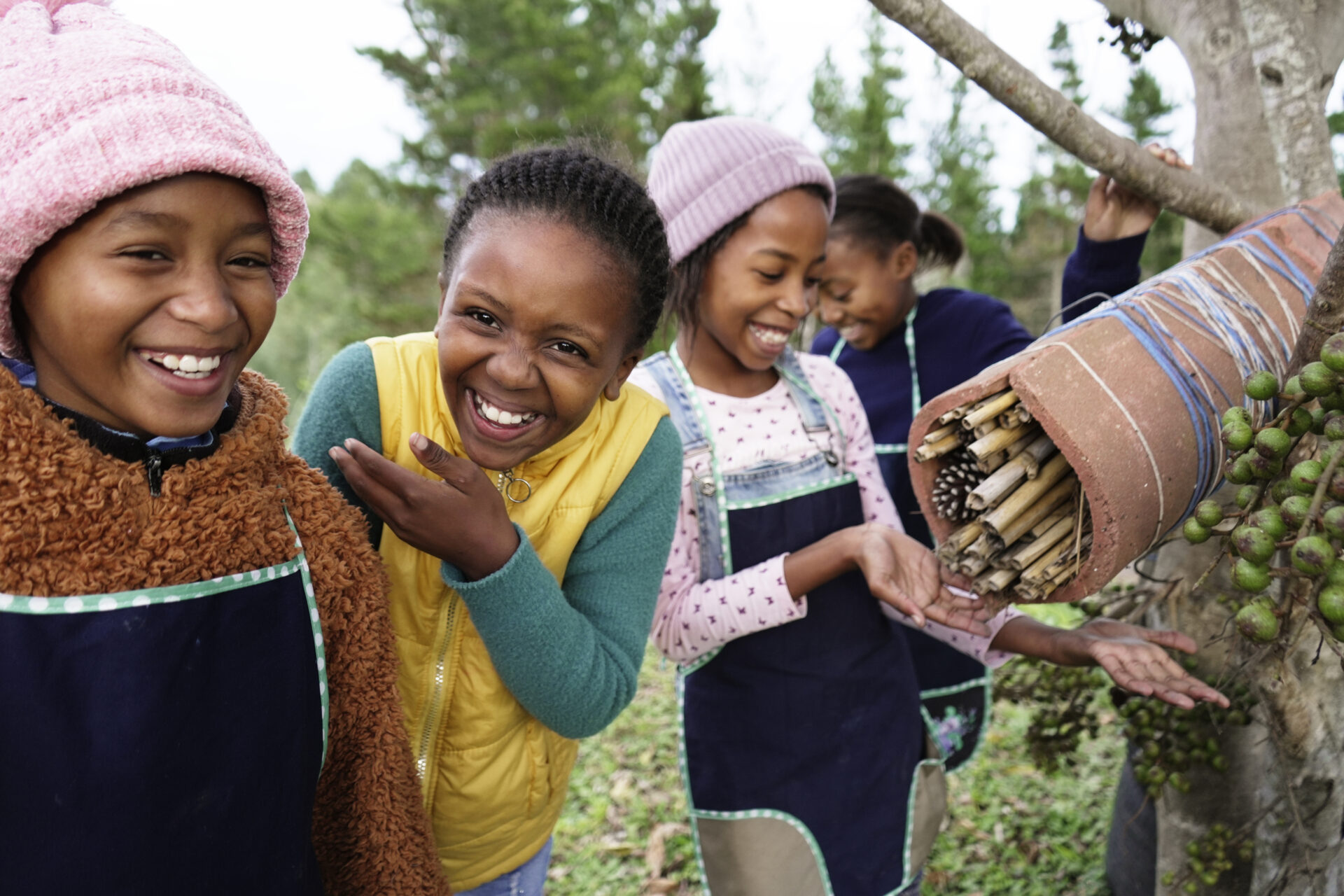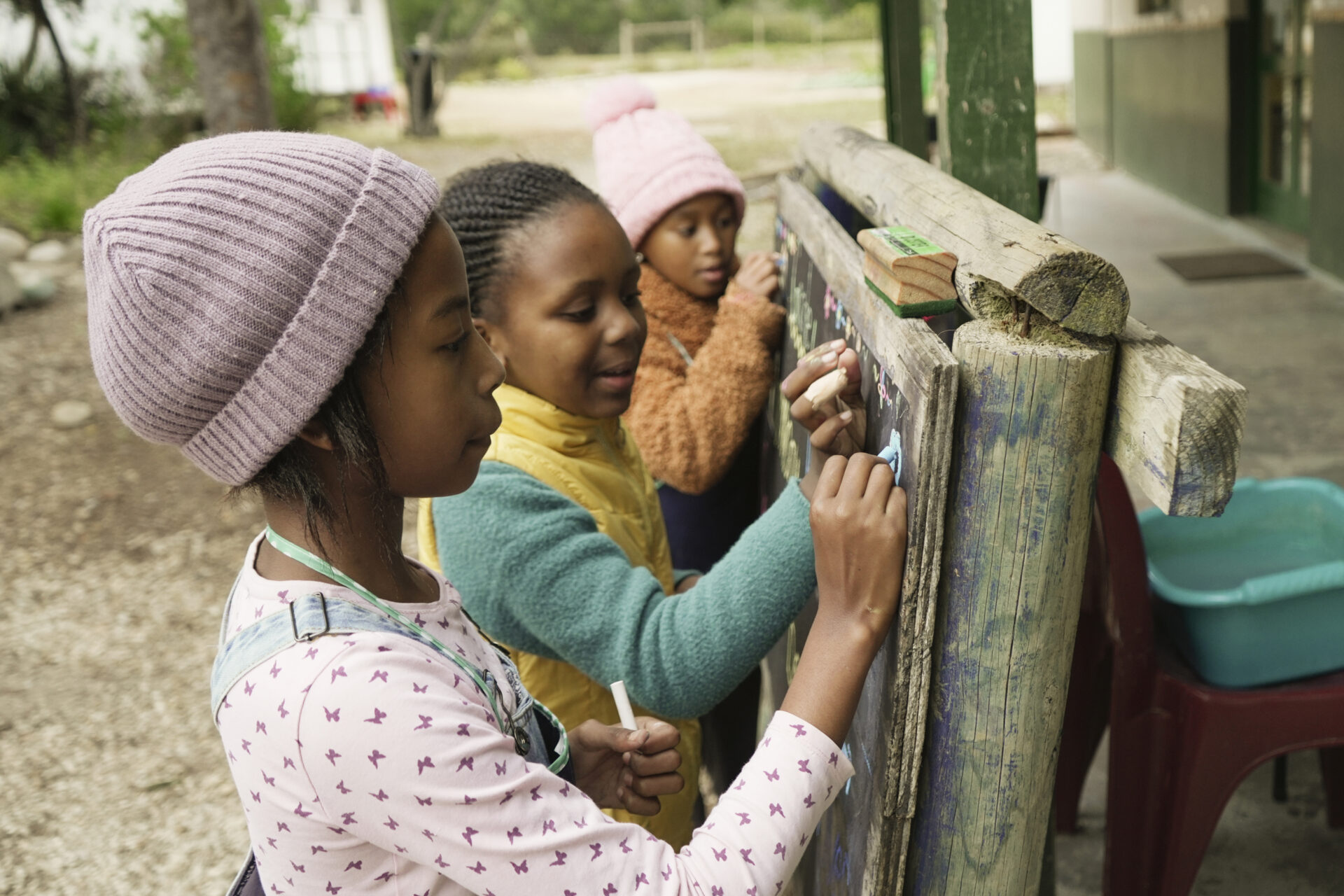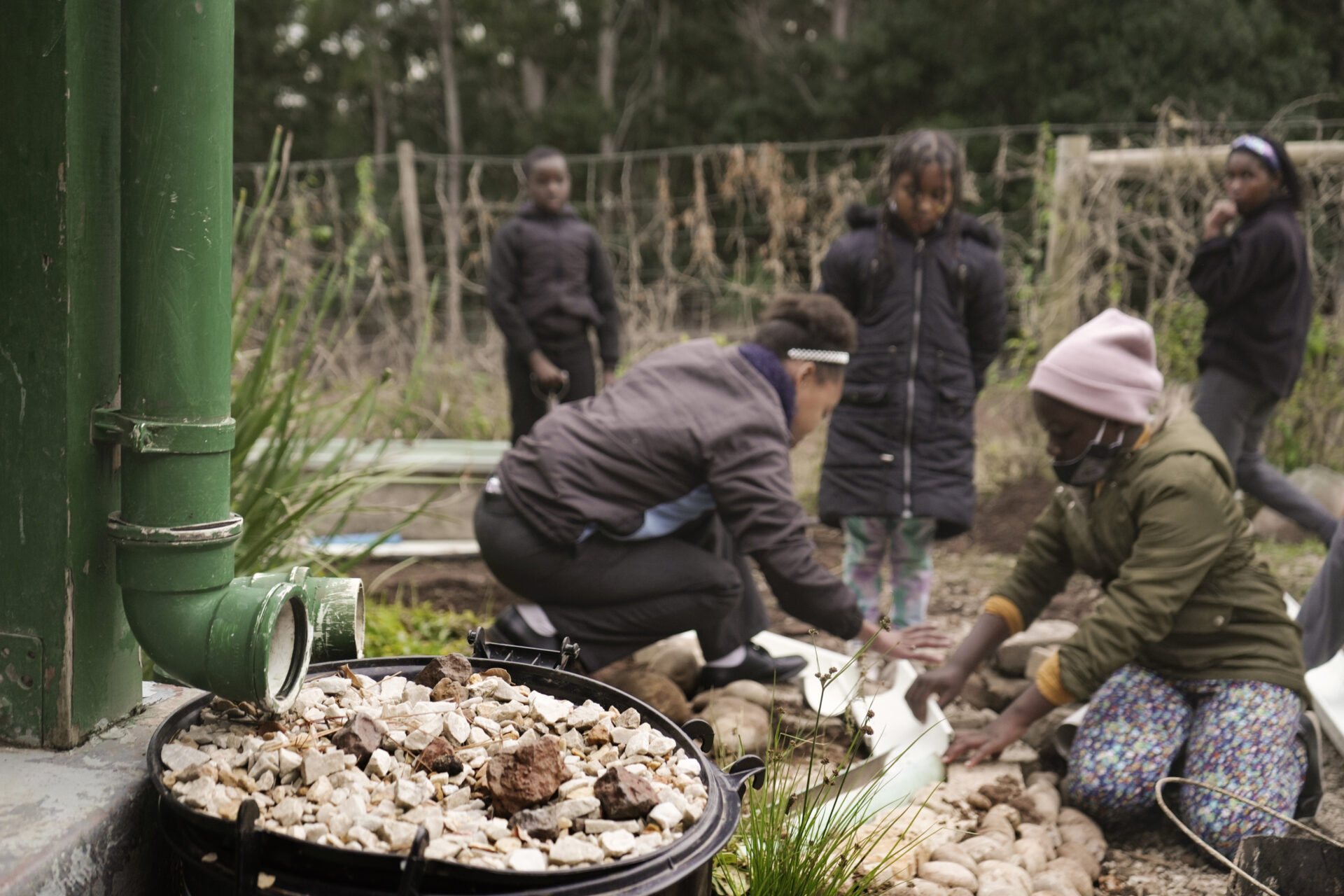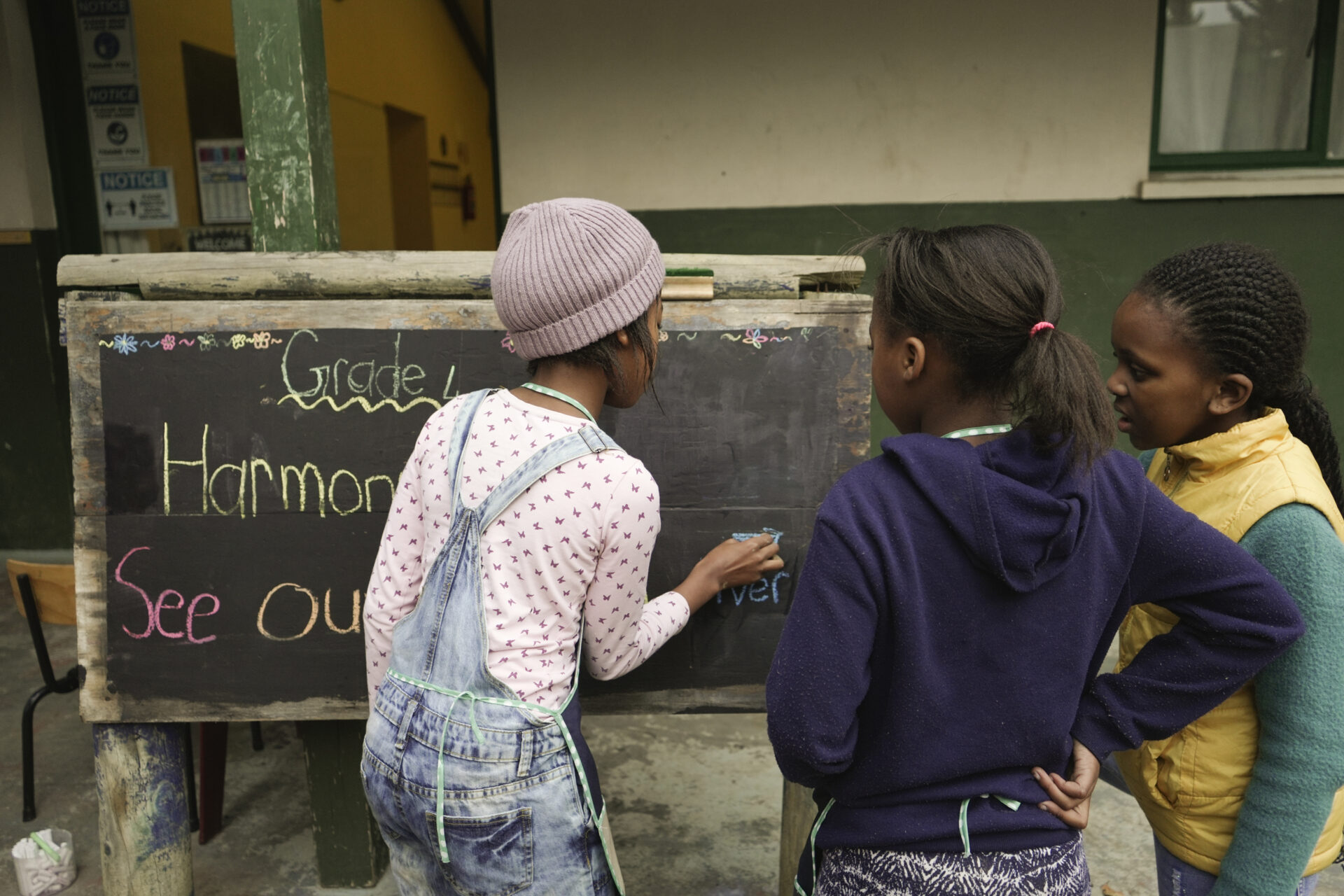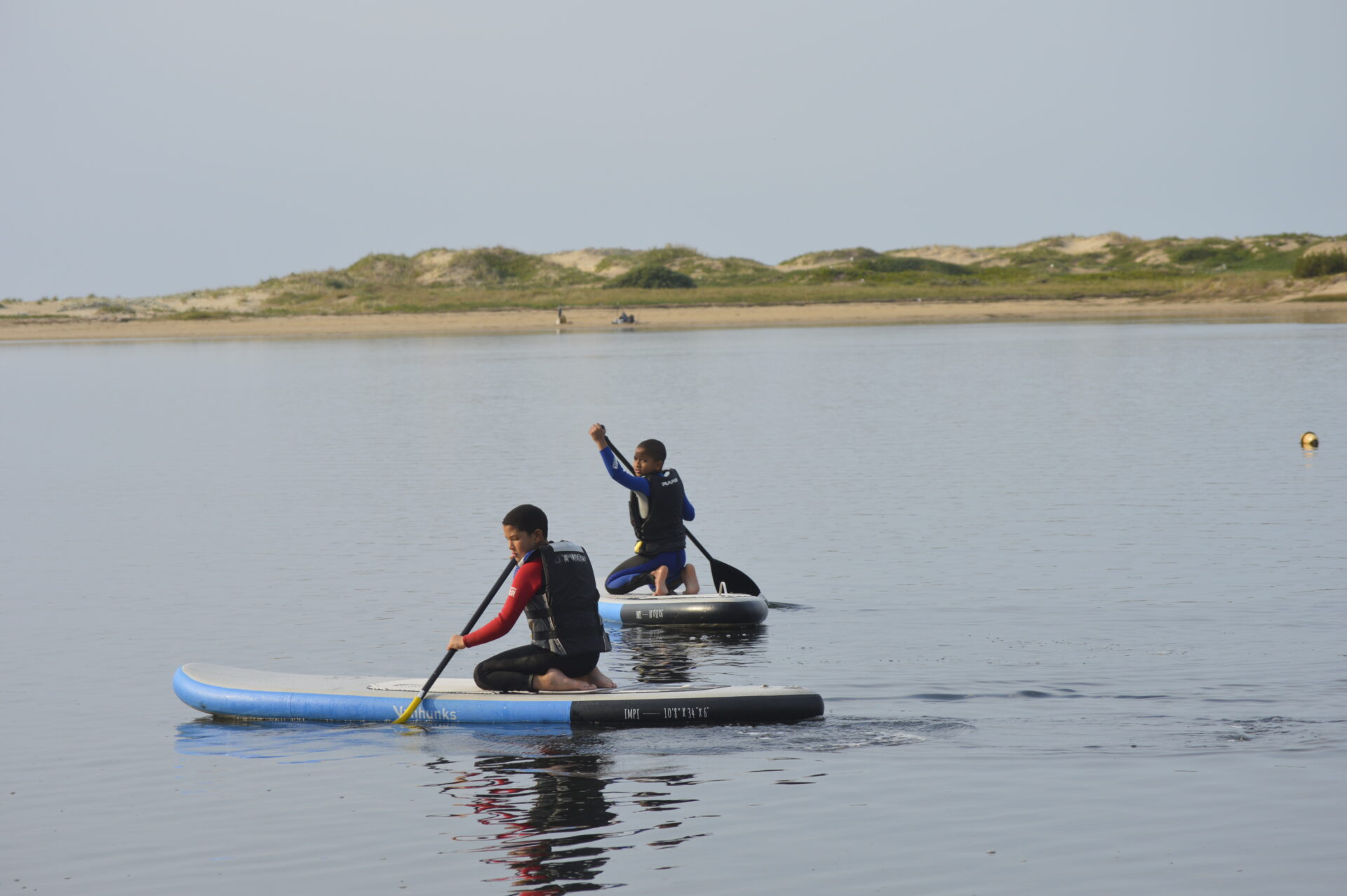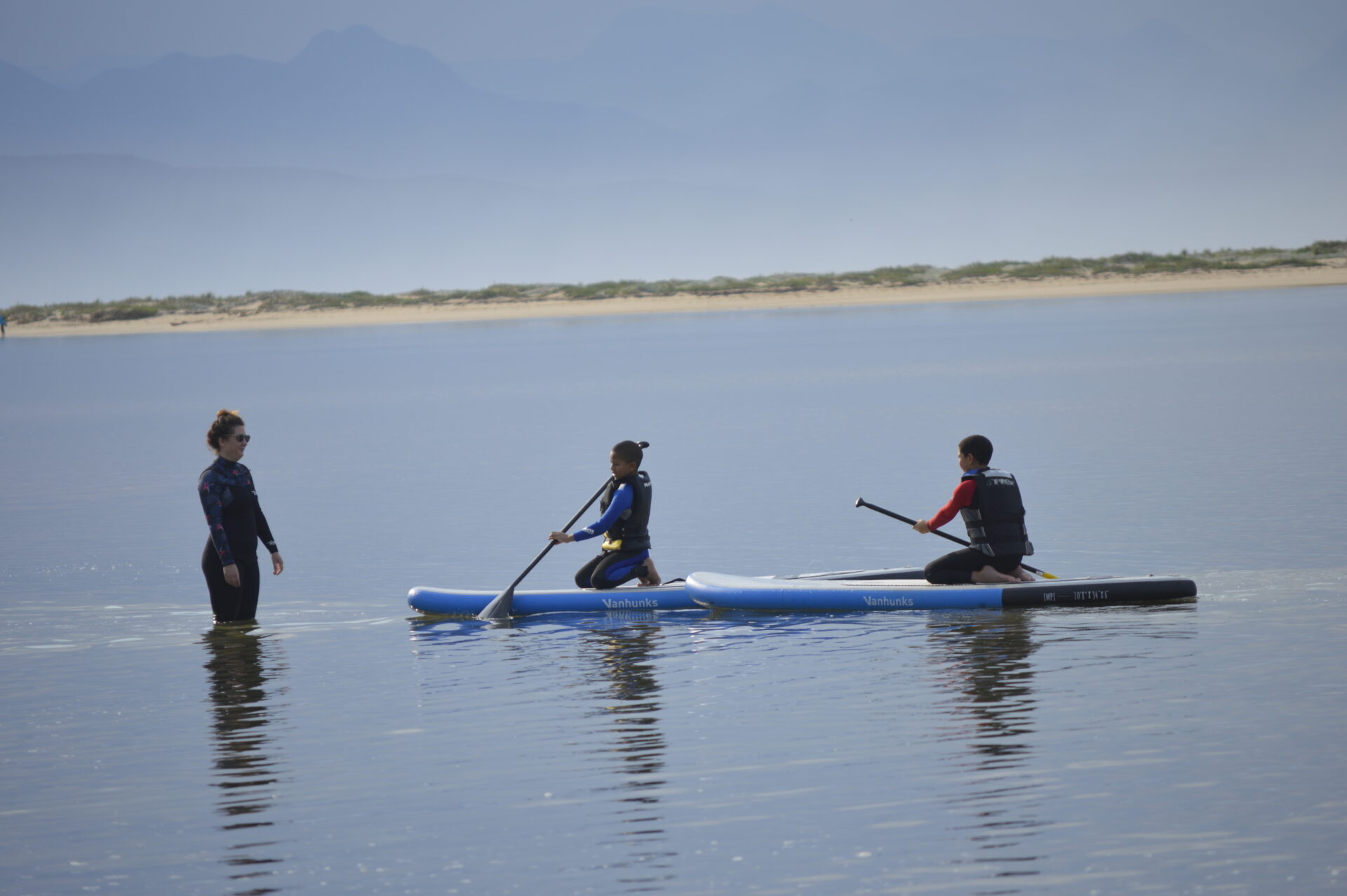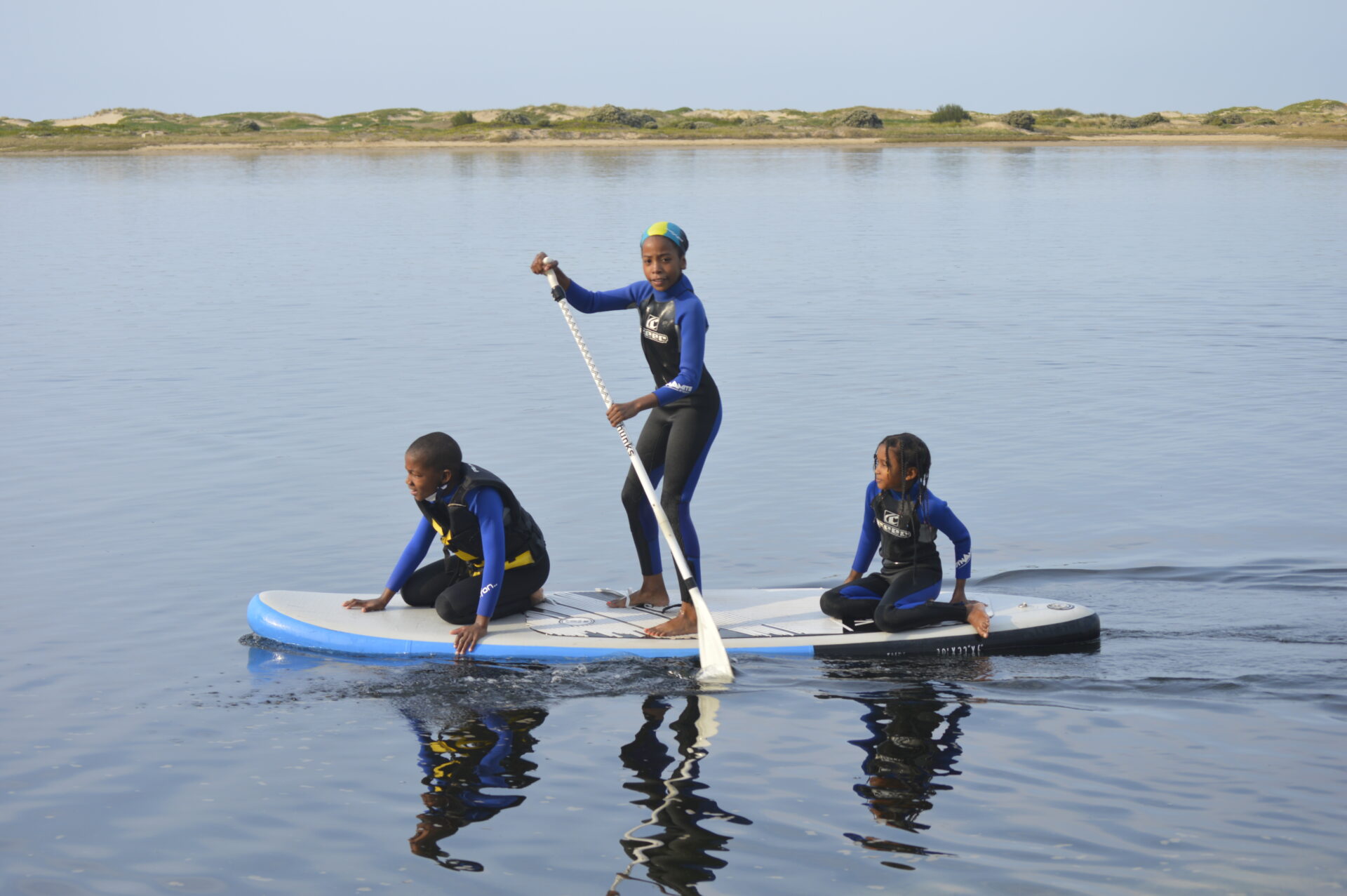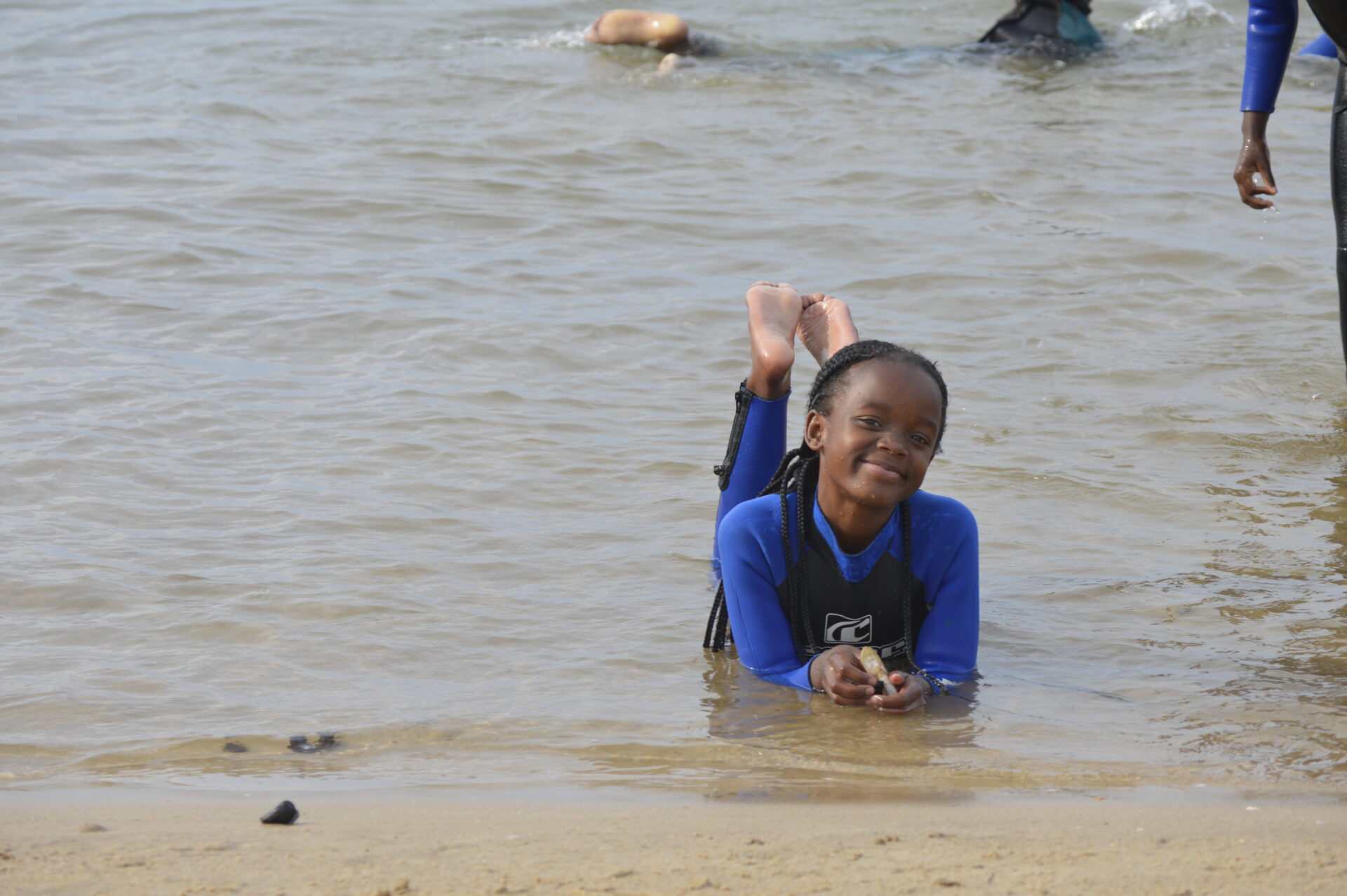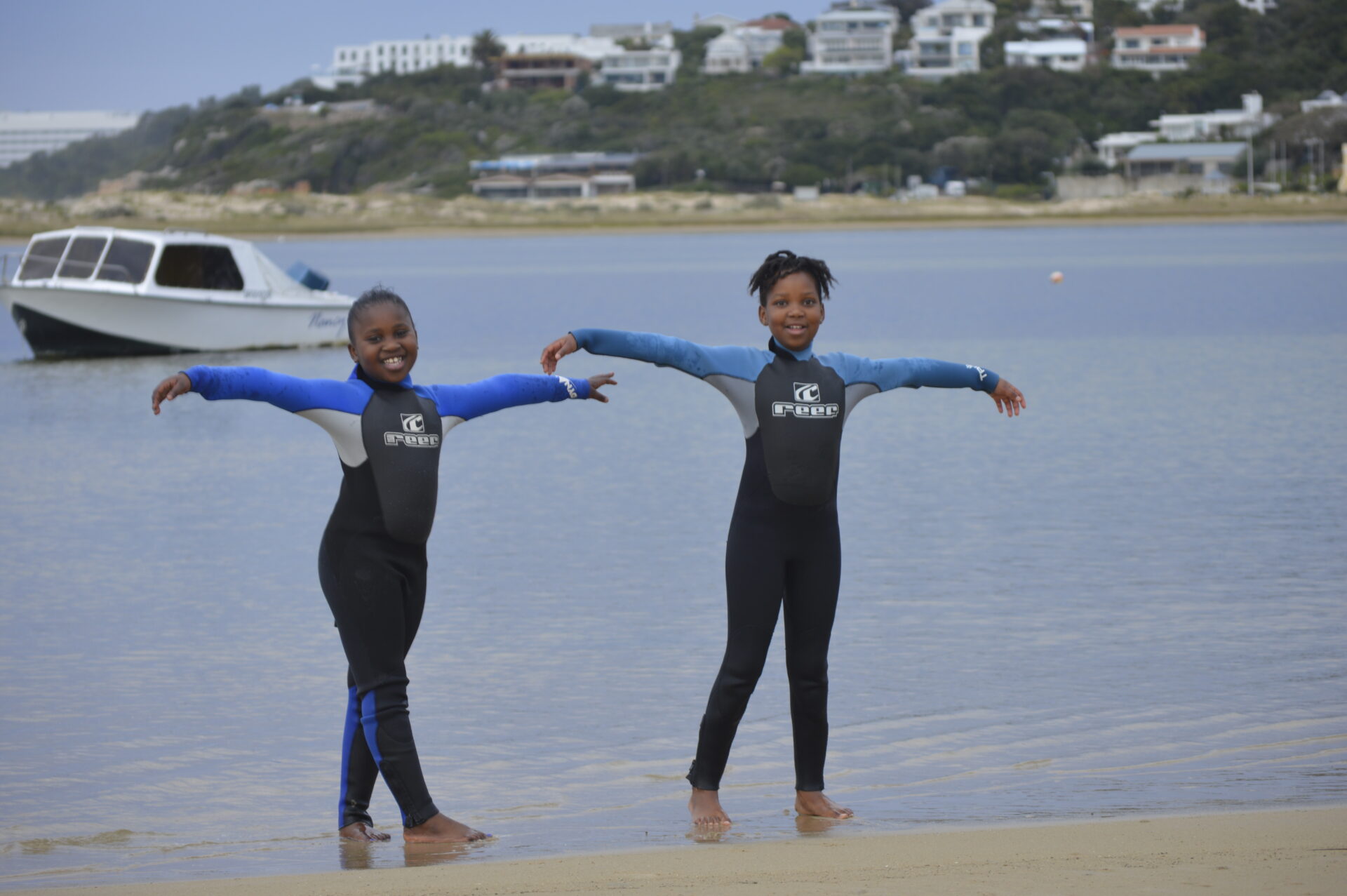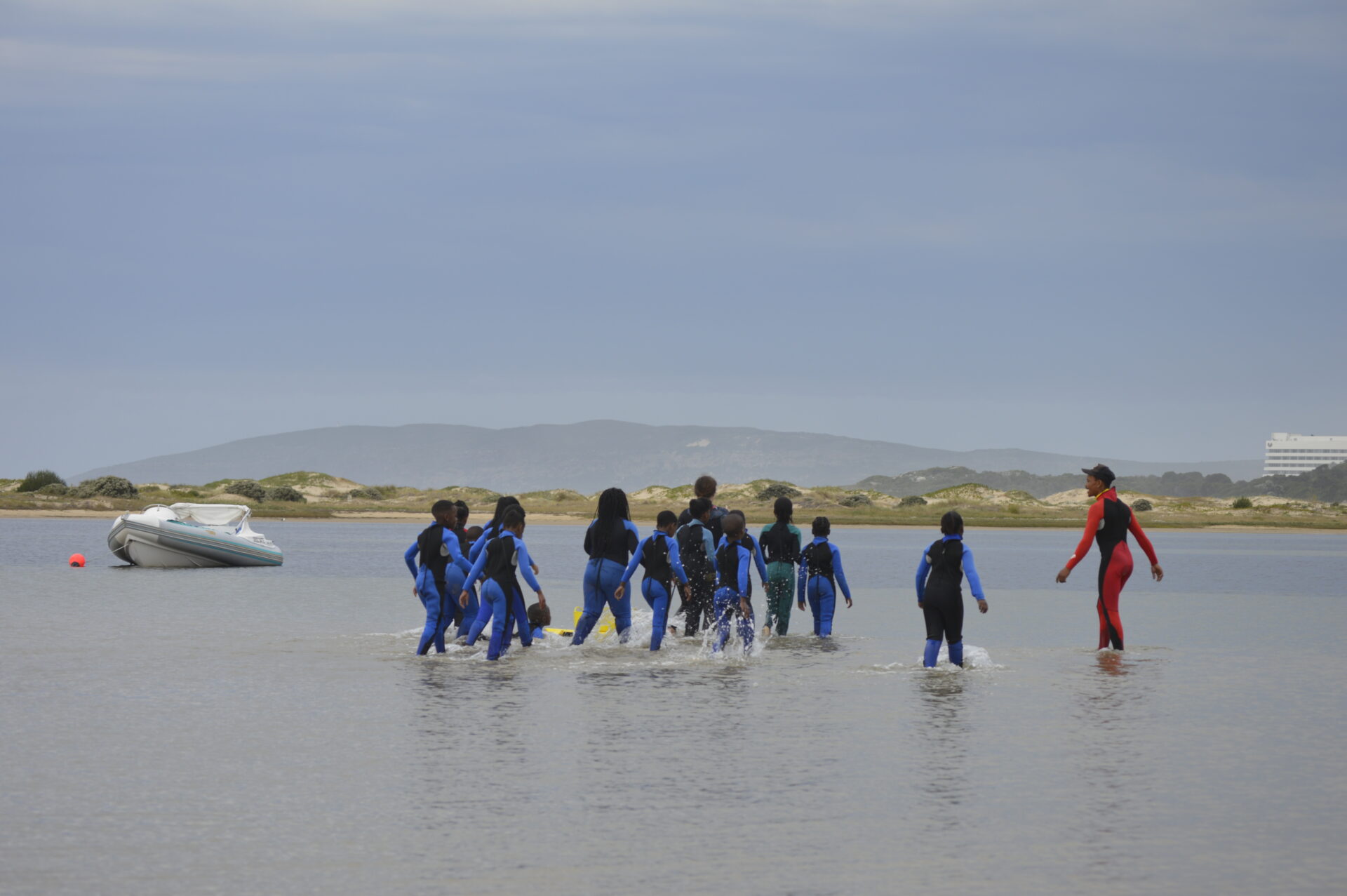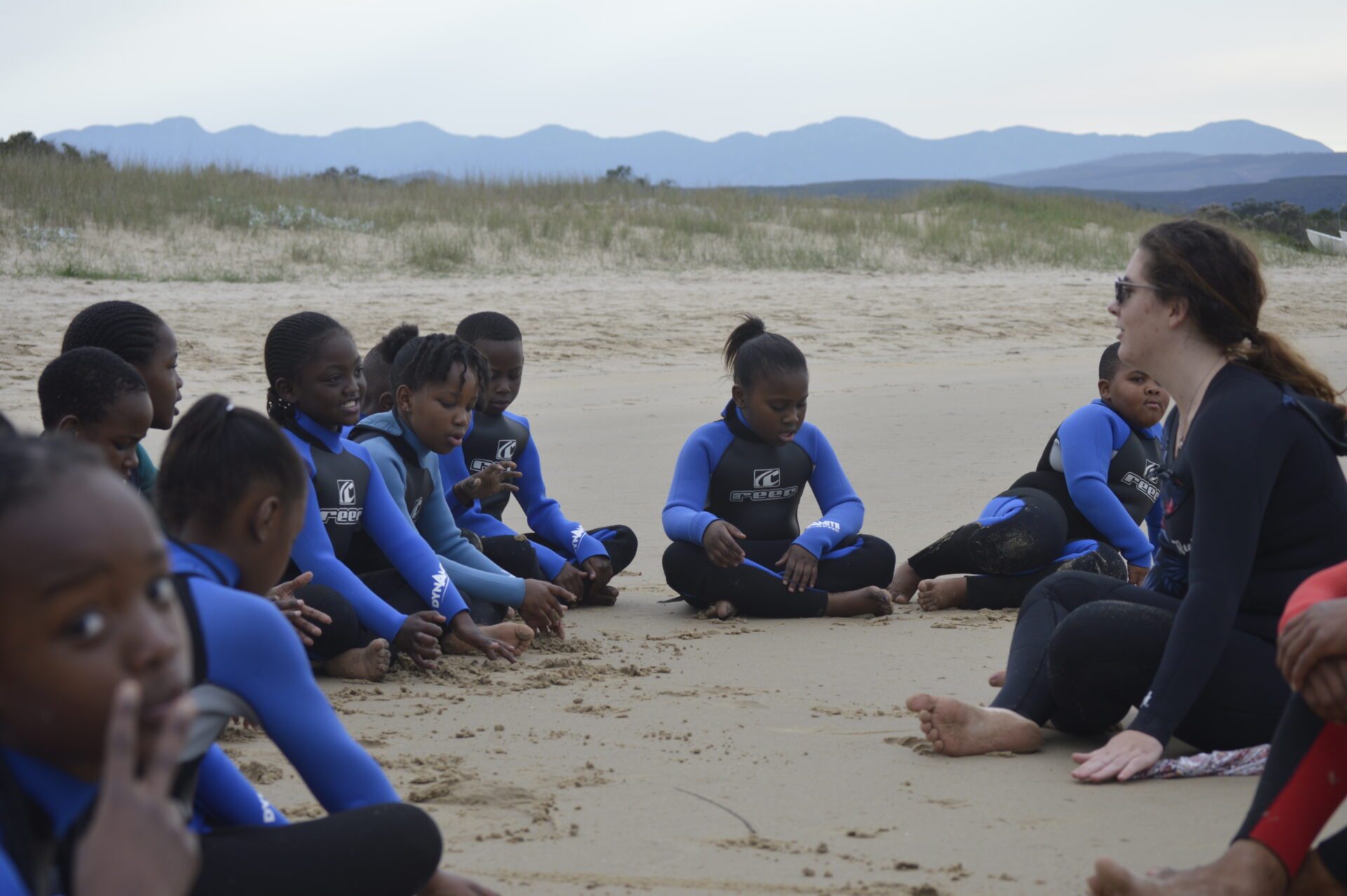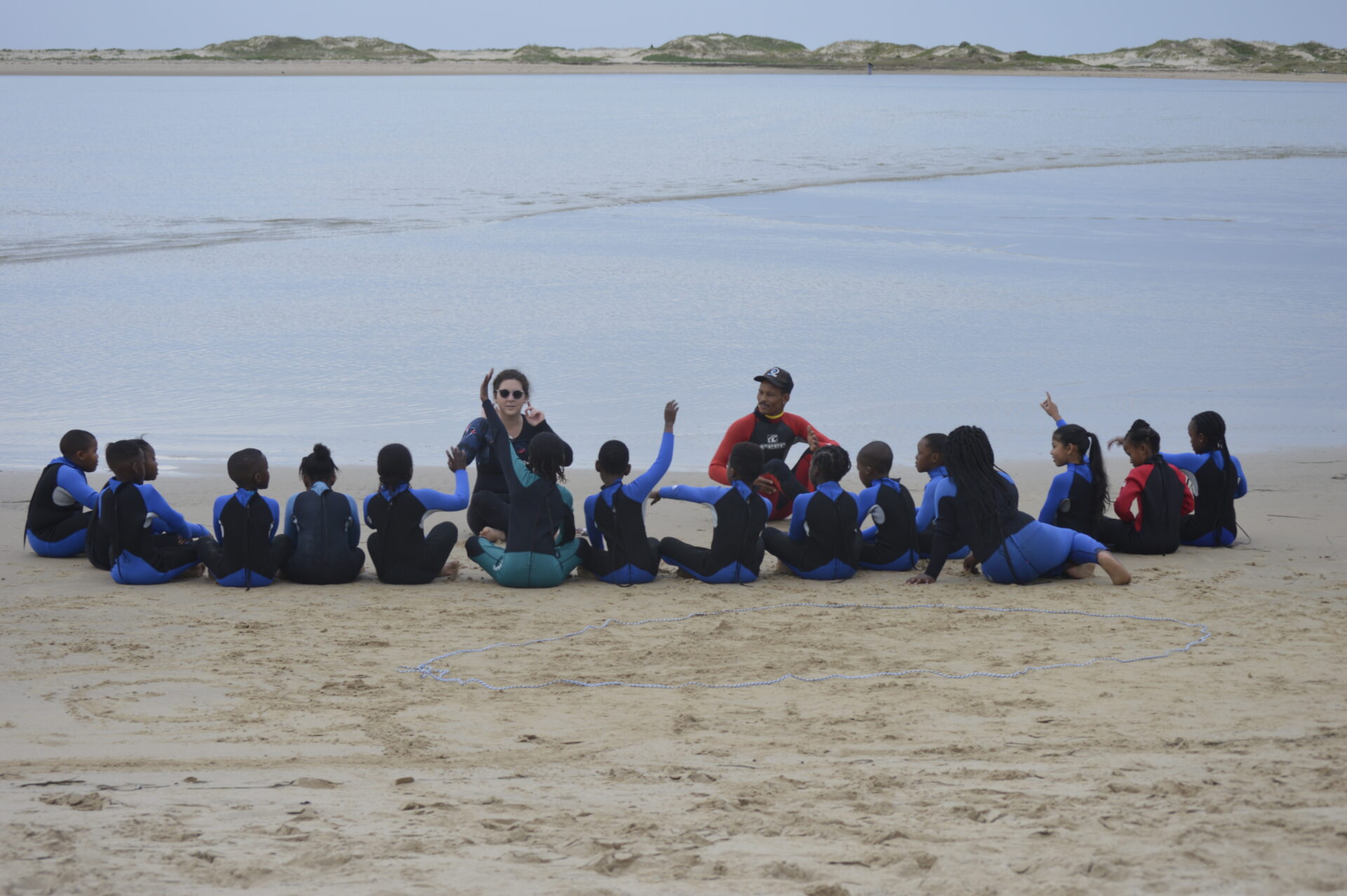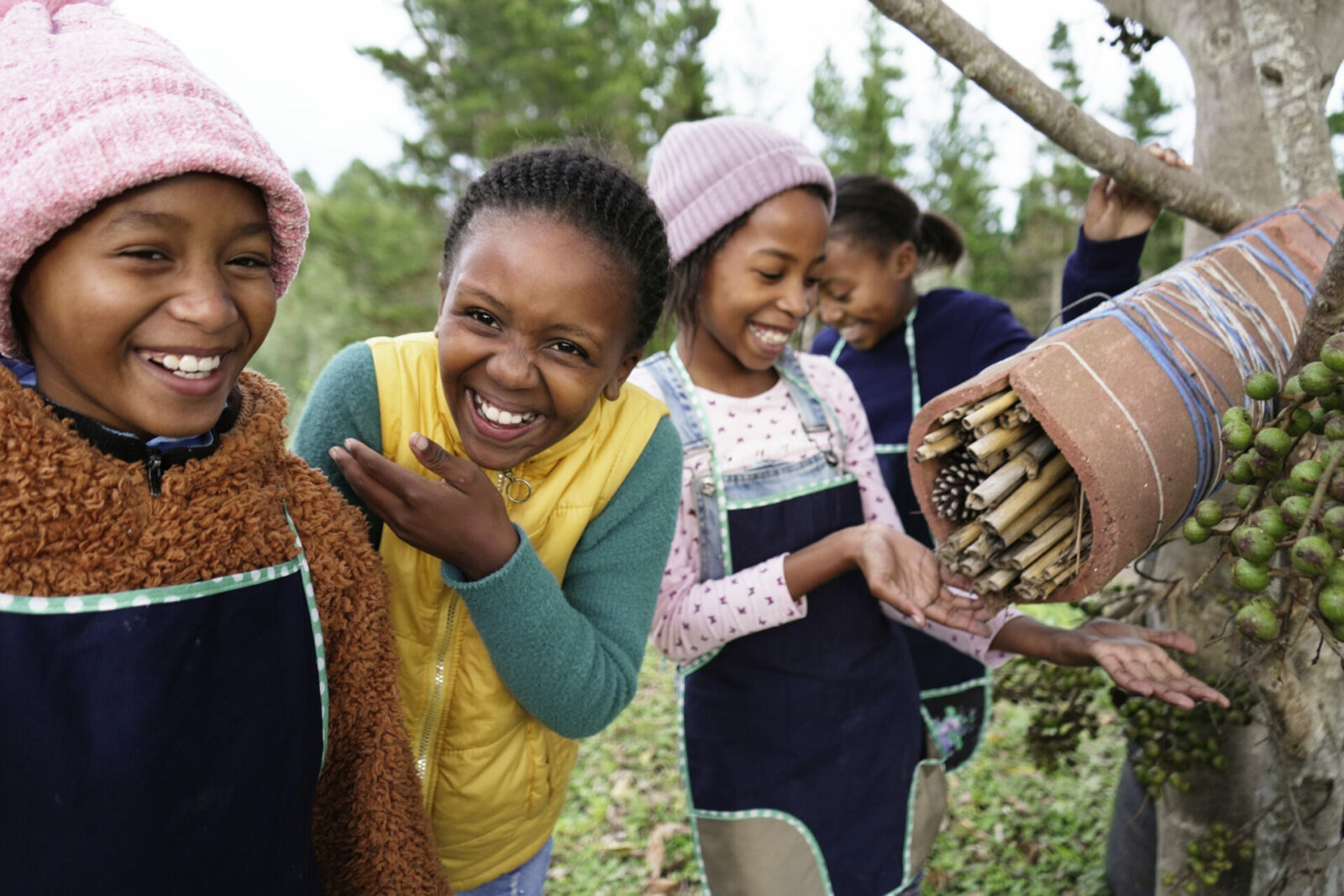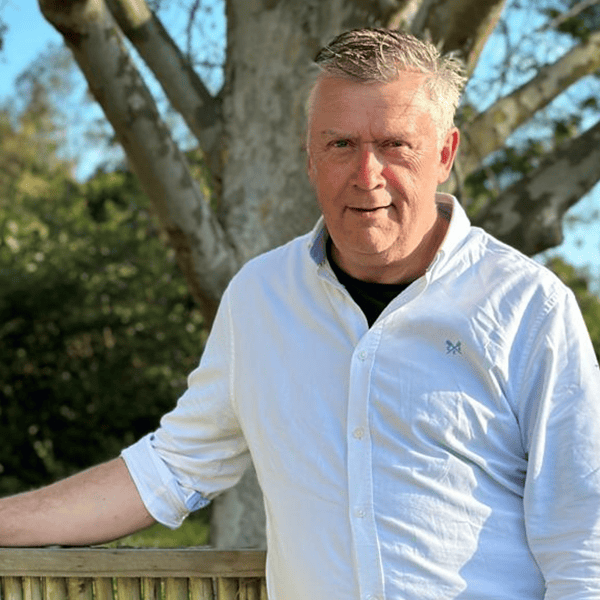Kwendalo is proud to have facilitated the introduction of The Harmony Project – a unique learning philosophy and curriculum – at Bahia Formosa School in Plettenberg Bay. Bahia Formosa is a pilot school for the Harmony Project in South Africa and was the first school outside the United Kingdom to use the principles of the Harmony Project as an enrichment programme for learners – with exceptional, measurable results.
“What if our children could learn from nature instead of simply learning about nature?” – The Harmony Project
The project, developed by Professor Richard Dunne, is simple in its philosophy: aiming to transform education by ensuring that it is fit for purpose in preparing young people to engage with the environmental and social challenges we face, not simply to pass exams. The Harmony Project works with educators to develop learning that is based upon a deep understanding of, and connection to, the natural world – learning that will equip students with the skills they need to live more sustainably. When, in 2019, Kwendalo founder, Dr John Cavill approached newly appointed headmistress, Sarie du Plessis to expand the Harmony Project into South Africa and use Bahia Formosa as a pilot school, she was intrigued and explored the idea of integrating The Harmony Project into learning at Bahia Formosa.
As the Harmony Project is based on harmony with the environment, a curriculum for South Africa needed to be developed and Plett local, Tash Wilbert was tasked with developing a curriculum that would feed curious minds and stimulate lively conversations amongst her first class: the Grade 3s of Bahia Formosa School. The aim was and is to marry Harmony Project learning, which is project based rather than subject based, to the South African CAPS curriculum to ensure learners are prepared for life in the 21st century with a deep understanding of the world around them, how it works and how they need to live in harmony with that world in order to thrive – and thrive they have. John had this to say of these early days: “It was both exciting and challenging to be launching an education-based project like this in South Africa, but then Covid hit and that changed everything.
“I had originally planned to open Kwendalo in spring of 2021 but unfortunately, due to lockdown, free movement of people delayed those plans. However, we continued with the development of the estate’s infrastructure while I remained in the UK and orchestrated the project’s development remotely. Fortunately, throughout the Covid lockdown, our local project team managed to complete outstanding work on the Kwendalo Wellness Centre and to test our processes and procedures.”
Throughout, Tash Wilbert worked remotely with the Harmony Project team based in the UK, and with the help of Kwendalo’s Farm Manager, Neil Graham, developed the practical elements of a curriculum that would speak to South African learners and immerse them in their environment. Tash commented, “Real learning is a process of discovery; if we want to encourage a lifelong love of learning then we must create the conditions within our schools systems in which discoveries can be made.” And, resilient as only children can be, the learners of Bahia Formosa’s Grade 3 class embraced the principles of harmony and interconnectedness with their environment and threw themselves into the project-based learning in which subject content is made relevant and purposeful through its engagement and exploration of the local environment – masks and all.
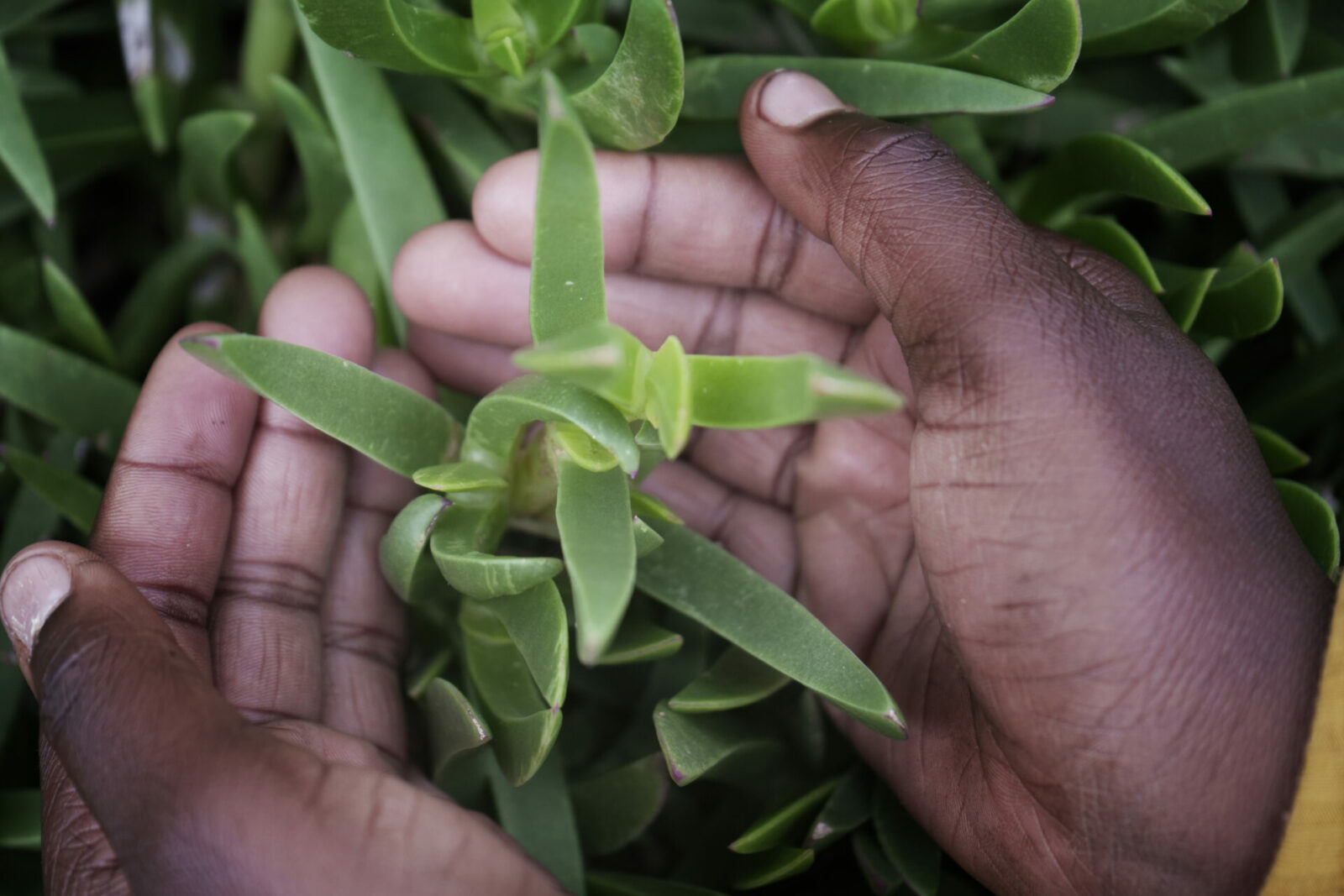
Two years of hard work and fun learning have produced some amazing results with the learners planting a vegetable and bee-friendly garden, building a micro river system, a pond created out of a bathtub salvaged from the nearby forest, and a hotel for environmentally vital solitary bees (an “air bee-n-bee”) The students have completed four projects (How did people live long ago? Are fires a good thing? Why are solitary bees so special? What journey does a river take?), encompassing a range of interconnected life skills topics and providing plenty of opportunities for students to use English and Mathematics in practical ways which is the essence of Harmony learning.
In an independent evaluation from the Western Cape Government, the Grade 3s results seem to speak for themselves: In 2019, the class average was 32% for Mathematics and 24% for English and, in a report from 2021, Mathematics has increased to 69.2% and English to 84.6%, both above the provincial average. It must be noted that school headmistress, Sarie du Plessis was appointed in 2019, and has had a tremendous effect on the entire school and is an enthusiastic supporter of the Harmony Project. Du Plessis has this to say: “A new world has opened up for the learners. They can now see the connection between the content of subjects and how it fits into real life.” She reported the following positive changes in the pilot Grade 3 group: “They have an appreciation for life and all living things, improved reasoning skills, and new vocabulary. The Harmony Project has fostered a greater connection to nature through an awareness of the environment which in turn inspires learning and triggers curiosity. The students, through learning about their living space and community, have a new sense of responsibility and are empowered to make a difference through the knowledge and support of the Harmony Project.”
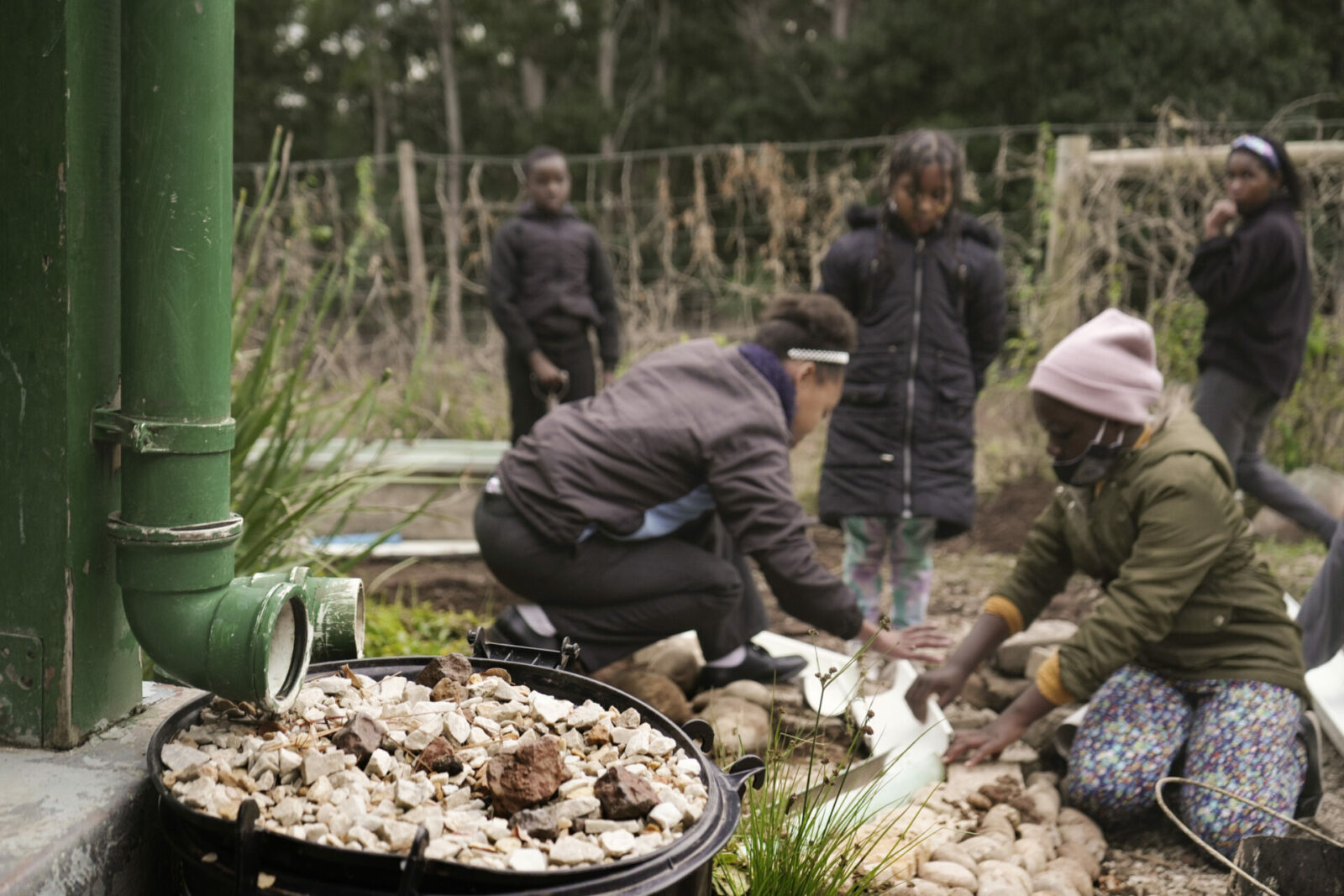
The Kwendalo Institute is Kwendalo’s centre for learning and the home of the Harmony Project in South Africa. Dr Cavill has been a passionate supporter of the Harmony Project and its principles since he first met Professor Dunne in 2018. While the Harmony Project is aimed at school-age children, the Kwendalo Institute aims to offer learning resources and opportunities for growth to learners of all ages on a variety of subjects including natural health and wellness, horticulture, plant-based cuisine, nature appreciation and more to fulfil Kwendalo’s Six Key Dimensions of Wellness – physical, mental, emotional, social, spiritual, and environmental. The institute will dovetail with Kwendalo’s Wellness Centre, Green Cafe and extensive gardens centring around our need to disconnect from the frantic pace of life, be mindful and present, and learn from each other and from nature.
Kwendalo is thrilled to be in partnership with Bahia Formosa and the Harmony Project and, going forward, aims to establish the school as the first international Harmony Project Accredited School and expand its principles into schools across South Africa. To this end, Kwendalo held the first Harmony Project Teachers’ Training Workshop from 20-21 July 2022 facilitated by Tash Wilbert, and the Kwendalo Institute was officially launched on 23 July 2022 at the Harmony Centre with Bahia Formosa teachers, course attendees and supporters of the project in attendance. Dr John Cavill presented his vision for Kwendalo, Professor Richard Dunne introduced the Harmony Project principles and Dr Matt Zylstra, Kwendalo’s consulting scientist on nature, education and wellbeing, expanded on the concept of Kwendalo’s Nature Referrals Programme. Tash Wilbert provided an informative presentation of the work done at Bahia Formosa School. The launch also provided visitors with an opportunity to learn about the Wellness Centre’s modalities, which will launch on 5 September 2022, and sample snacks and drinks provided by Kwendalo’s Food Alchemist, Yolande van Papendorp. The turnout of interested parties was impressive, despite the dreary weather, and much networking took place in the warmth of the Wellness Centre.
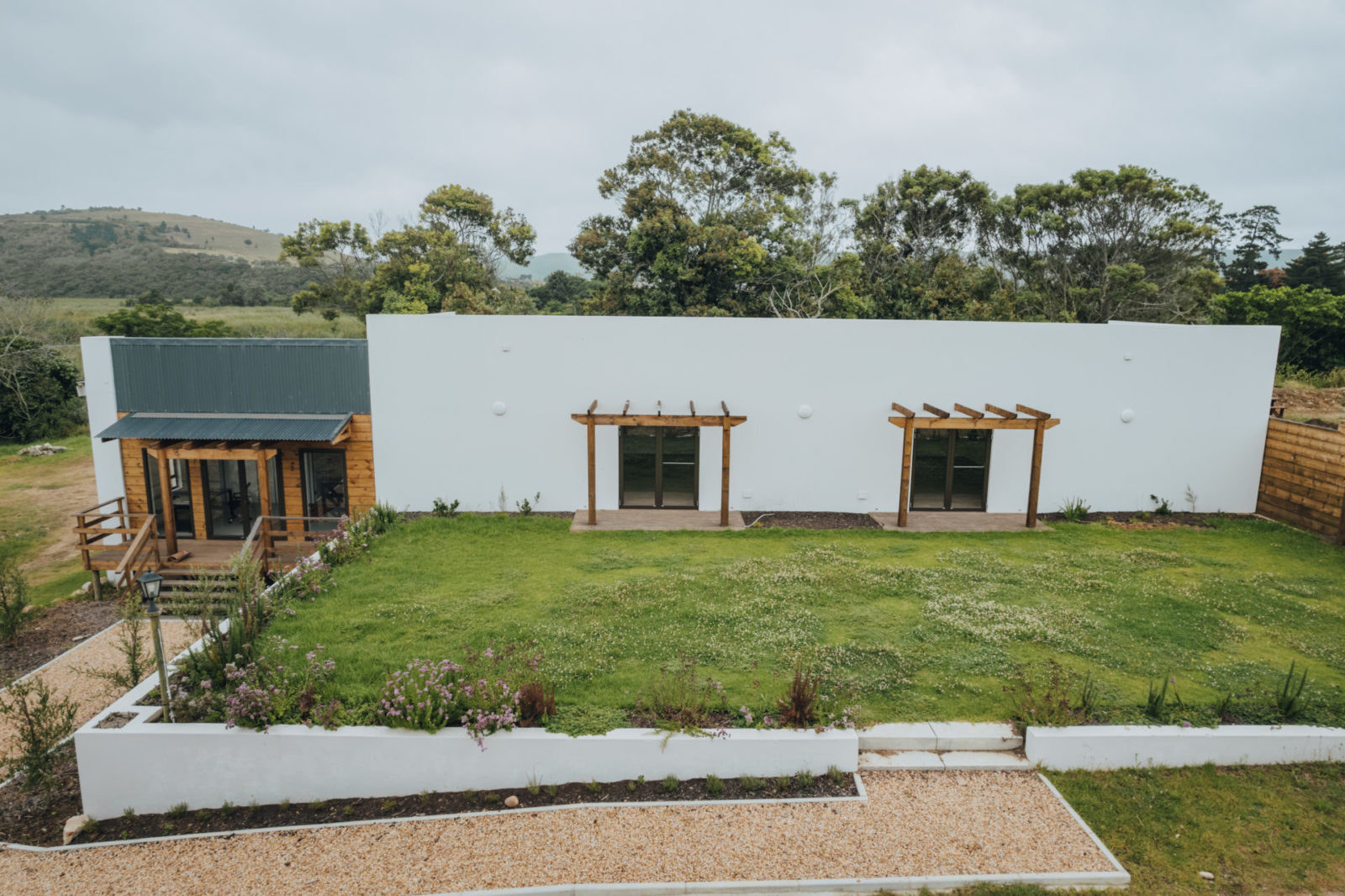
For information on Teachers’ Training Workshops or Harmony Project implementation, please contact Tash Wilbert on [email protected]
